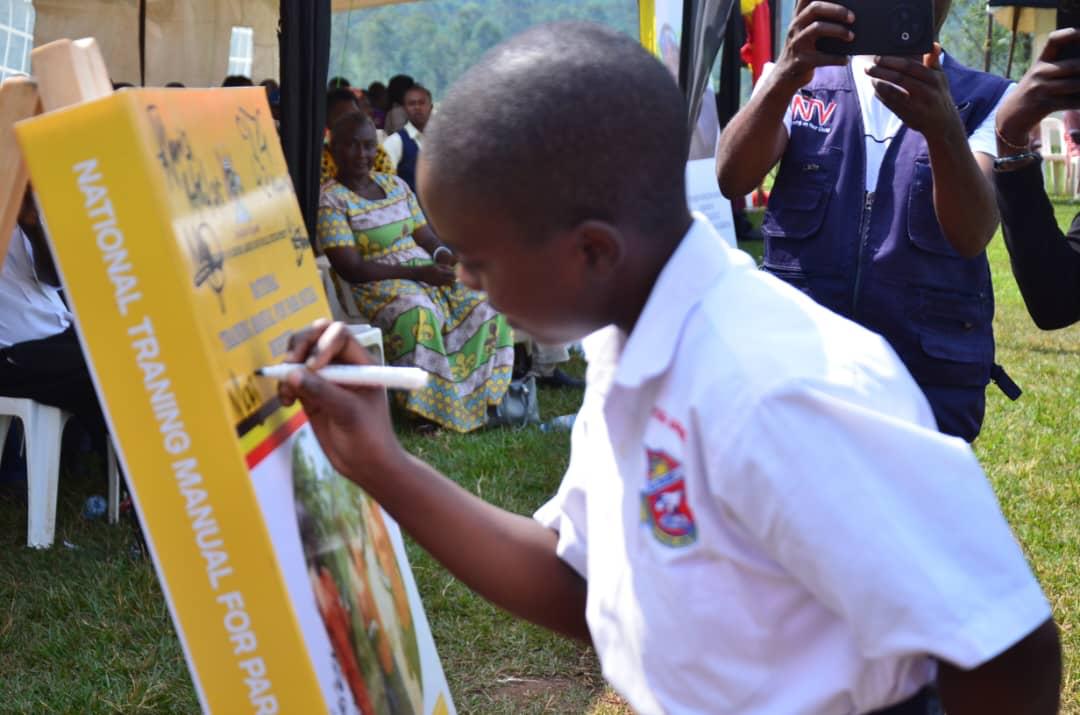
Today, on the International Day of the African Child, we reaffirm our collective commitment to the rights, protection, and wellbeing of every child. For those living in refugee settings across the East and Horn of Africa, this day is resonant as children in these settings are particularly vulnerable and face threats to their health and safety.
The Baobab Research Programme Consortium (Baobab), an African-based research collaboration led by the Population Council, conducts pioneering research in humanitarian settings and tests innovative interventions to move research to action. We work with dedicated partners who champion inclusive, equitable, and child-centered approaches in some of the most challenging humanitarian contexts.
Baobab conducted the world’s first Humanitarian Violence Against Children and Youth Surveys (HVACS) in Uganda and Ethiopia in 2022 and 2024, respectively. The findings showed that over 40 percent of children in Uganda’s refugee settlements and over 25 percent of children in Ethiopia’s refugee camps, experienced one or more instances of sexual, physical, and emotional violence. These groundbreaking, representative surveys illuminated the urgent need for both violence prevention and response in refugee settings. Many children experience violence for the first time after displacement in these settings—yet few disclose or seek help.
Amid these challenges, there is an opportunity to address this violence and ensure that children are protected and connected to care. Baobab’s data show that over 90 percent of children in Ugandan refugee settlements and over 75 percent in Ethiopian refugee camps are enrolled in school. This important insight guided our decision to develop a school-based intervention to prevent and respond to violence, ensuring that schools remain safe spaces for healing, learning, and growth.
In collaboration with the Office of the Prime Minister’s Department of Refugees and the Ministry of Gender, Labour, and Social Development (MGLSD) in Uganda, as well as the Refugees and Returnees Service in Ethiopia, United Nations High Commissioner of Refugees (UNHCR), and its implementing partners, we piloted a sexual violence screening intervention in schools. This initiative, grounded in evidence and aligned with existing national frameworks, significantly improved the identification and care of child survivors of sexual violence.
In line with this year's International Day of the African Child theme—Planning and Budgeting for Children's Rights—Baobab is proud to announce that Uganda's MGLSD has integrated Baobab's sexual violence screening intervention into its National Training Manual for Para Social Workers, and into its first-ever National Para Social Workers Handbook. The Ministry secured external funding to support the piloting of the enhanced training curriculum and handbook in one new district. The formal launch of the training curriculum and handbook will take place on June 16th in Kamwenge District, to commemorate Day of the African Child, and in recognition of the critical need to protect and promote the health and rights of African children, including those in humanitarian settings.
Newly trained para-social workers, who play a vital role in delivering psychosocial support in refugee communities, will soon roll out this life-changing intervention in schools in refugee settlements in Uganda and Ethiopia. Their work is a testament to what is possible when strong partnerships, rigorous data, and sustainable investment come together in the service of children.
This is how we build a future where no child is left behind, regardless of where they live. Together, we are safeguarding education, restoring dignity, and ensuring that every African child can thrive.
We invite bold partnerships to help scale this mission. If you share this vision, let's connect and create lasting impact. Read more here and reach out at: smuthuri[at]popcouncil.org
